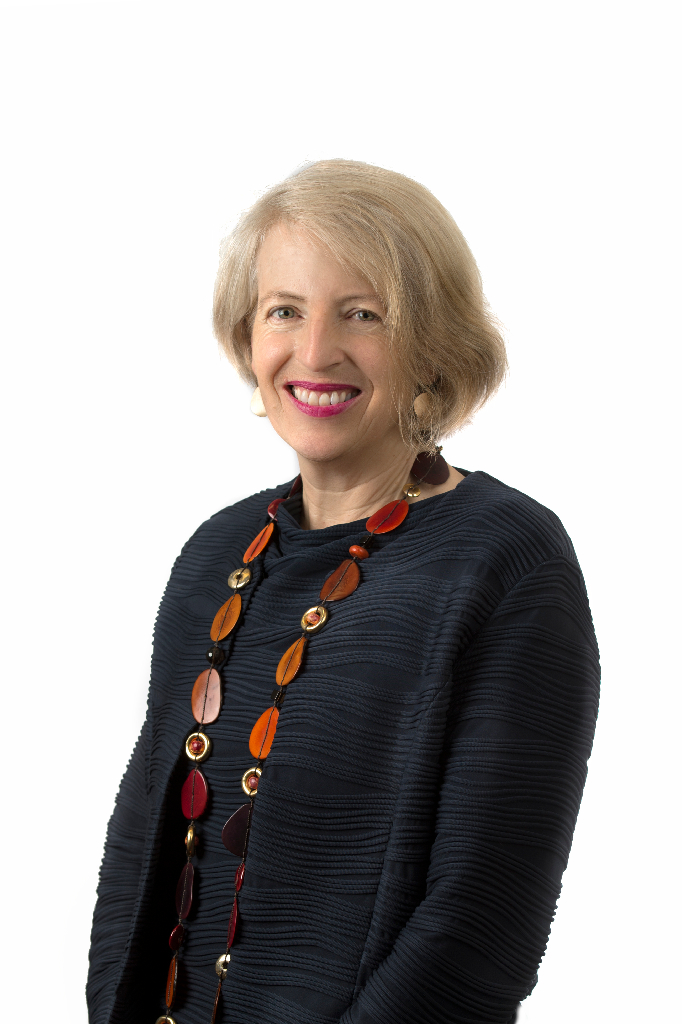
Academic excellence award 2019 winner Cameron Brooks
Academic Excellence Award 2019 winner Cameron Brooks
Dr Brigid Nossal presented the John F Newton Award for Academic Excellence
The award for the student who has received the highest grades across the years of the degree has been named in honour of Professor John Newton. John is the esteemed founder of academic education in systems psychodynamics in Australia. I am very pleased to announce the Academic Excellence Award 2019 winner Cameron Brooks.
Mr Brooks has shown great passion and commitment to his studies and has achieved outstanding results. Cameron’s capacity to deeply explore and integrate new learning has been a delight for all of us, staff and students to be witness to and a part of.

Dr Brigid Nossal
Deputy CEO & Director of Consulting, NIODA
3 December 2019
Academic Excellent Award 2019 winner Cameron Brooks
‘The world isn’t getting any less complex’ by Cameron Brooks
I have an MBA, so why would I want to devote another three years of my life to further study about management and leadership? I’m not saying my MBA wasn’t useful because it was, but it didn’t fully explain why organisations function the way they do, and I also didn’t learn much about myself and how I show up as a leader.
My experience with this program has profoundly changed the way I understand myself as well as how groups and organisations operate. Where once I saw individuals, I now see systems. I have a greater appreciation for our interdependence as we act in concert to both enable and constrain action. The theories, perspectives and the work of this course have provided me with a powerful lens for reflecting and making sense of the messiness of life.
I’ve learned that my experience of relating to others, be in it in my family, my work or my community is as much an experience in the mind as it is in the real world. As life happens it’s easy to assume that the stories I create are the truth. They feel real to me. I’m learning, and at times I’m a painfully slow learner, to hold my truth less tightly and to be more open to the possibility that multiple truths may exist. Listening for metaphors, testing hypothesis and being able to not just tolerate the anxiety of not knowing, but to value it, provides pathways for a richer, more nuanced understanding of the world.
I’ve learned to pay attention to things big and small. Things that I once might have otherwise overlooked, ignored or deliberately avoided. A tingle in the stomach or twinge in my neck. A catch of an eye or a slip of the tongue. An uneasy silence or even a seemingly innocuous argument over the number of marker pens required. Each instance a possible window into the world of thoughts that may have not yet found a thinker. And instead of reacting on instinct, I’m learning to pause, to create space and allow time for thinking and reflection. I’ve witnessed the transformative changes that are possible when we make our thinking available for others.
I’ve learned that we are capable of time travel. It’s usually in times of stress or uncertainty, and there have been more than one or two times during this course, that I may inadvertently return to the past to help me make sense of the present. And yet the past is also written in chalk, not ink. With work and the support of others, I’ve seen that its possible to find new meaning from past experiences to take up new and more productive roles in the groups that we inhabit.
I believe I have gained a greater sense of wholeness from this experience because in learning about others, I have learned much about myself. The process of increased self-awareness is both rewarding and terrifying. Maslow speaks of the desire to know and the fear of knowing. Acknowledging the good, the bad, and the ugly, they are all a part of me. I’m a perfectly, imperfect human, and that’s good enough.
I would like to thank my family for their patience, love and assistance in helping me complete this program. For making me meals, mowing the lawns, listening to me complain about the impossibility of word counts, giving me space and providing perspective, thank you. To my fellow students, thank you for being part of this crazy, life-changing adventure. You have been both a source of exasperation and inspiration, but most importantly, you have held up the mirror to help me to know myself. And to the staff, board members and supporters of NIODA, thank you for creating a place where this learning can take place. To Nuala, Wendy and Brigid, thank you for your thoughtful teaching, guidance and support. You have given us the space to struggle but provided wisdom and care to help us learn. The world isn’t getting any less complex, so I believe the work of this course is as essential now as it has ever been.
Cameron Brooks
Graduate, NIODA
3 December 2019
Academic Excellent Award 2019 winner Cameron Brooks
ps Are you a leader or manager and would like to learn to pause, to create space and allow time for thinking and reflection? Have a look at the NIODA Master of Leadership and Management (Organisation Dynamics) course.

